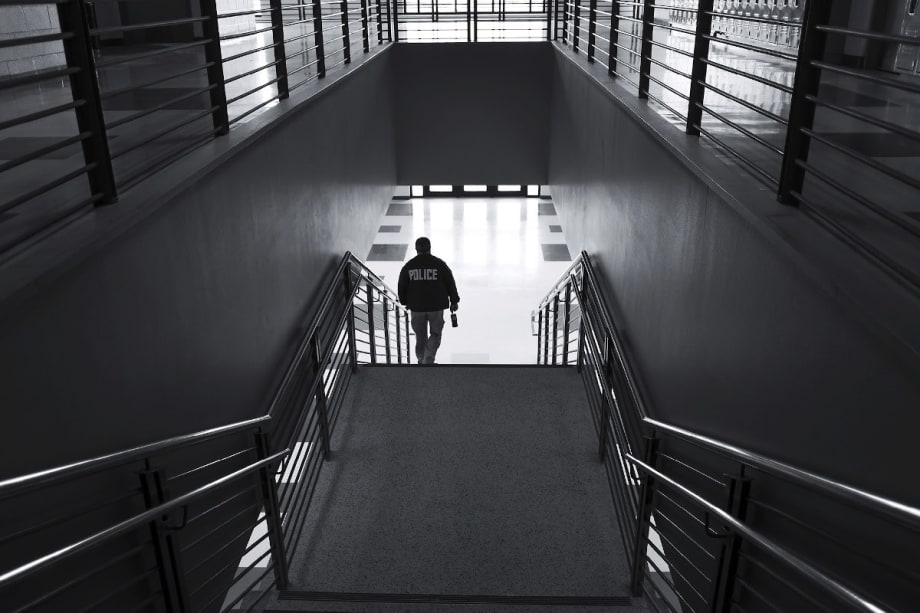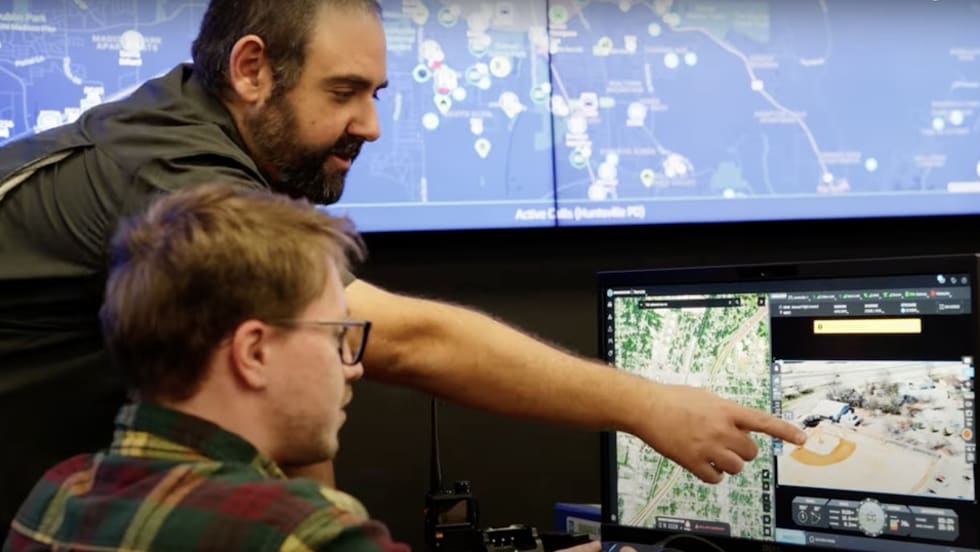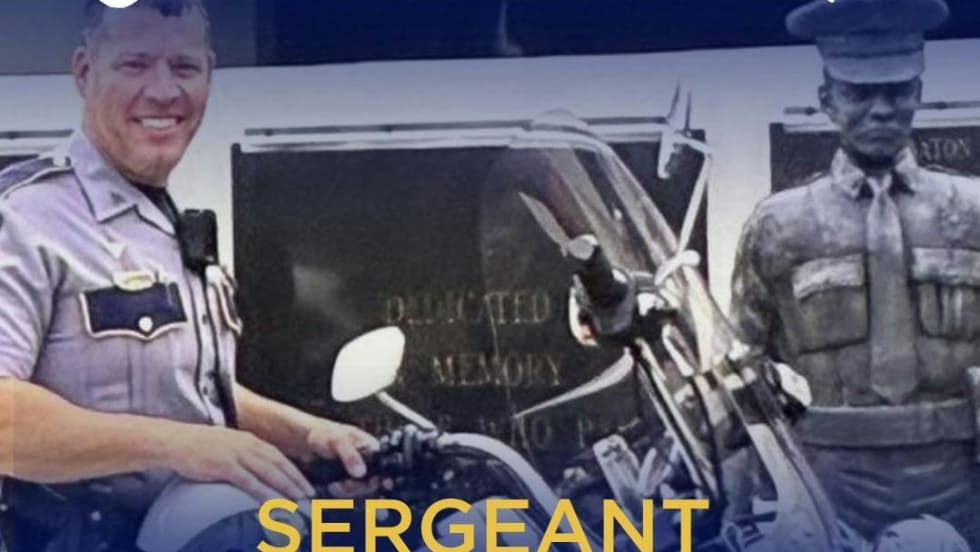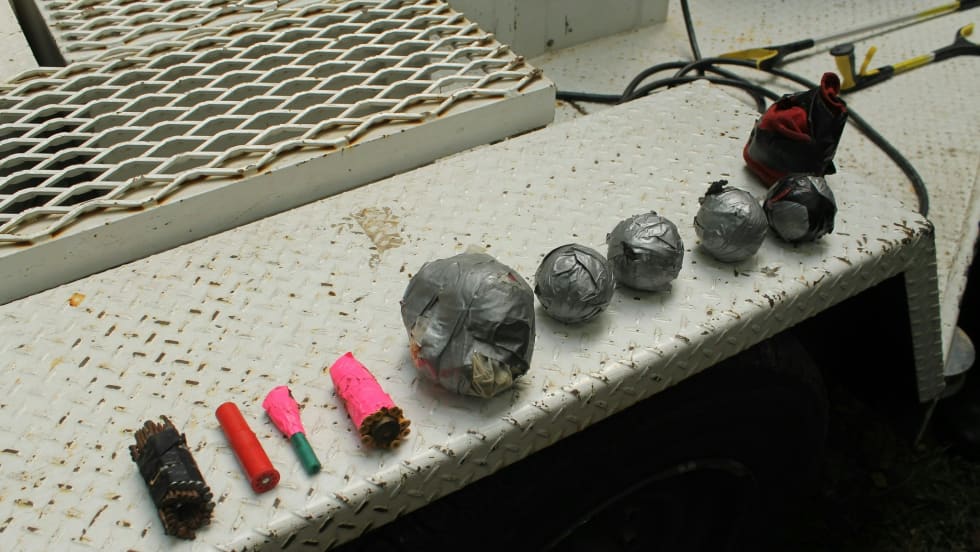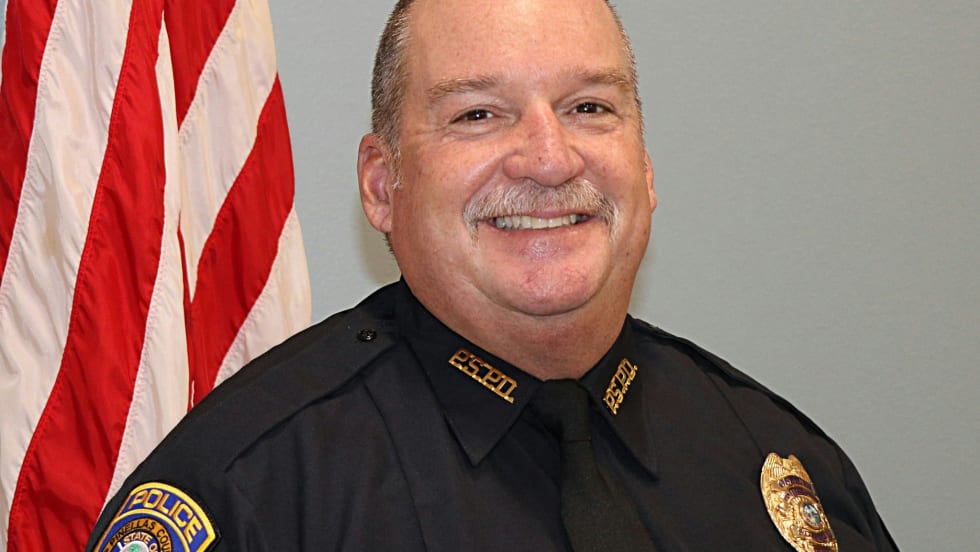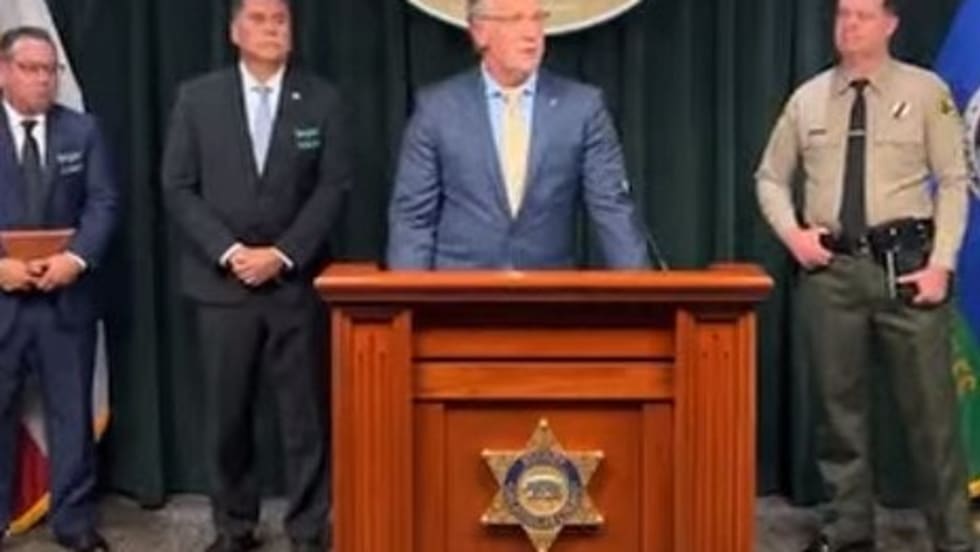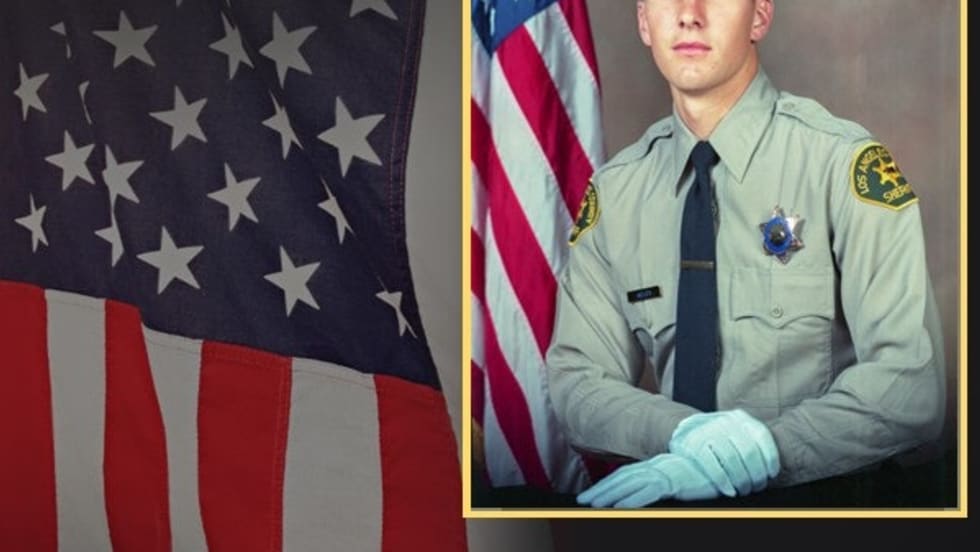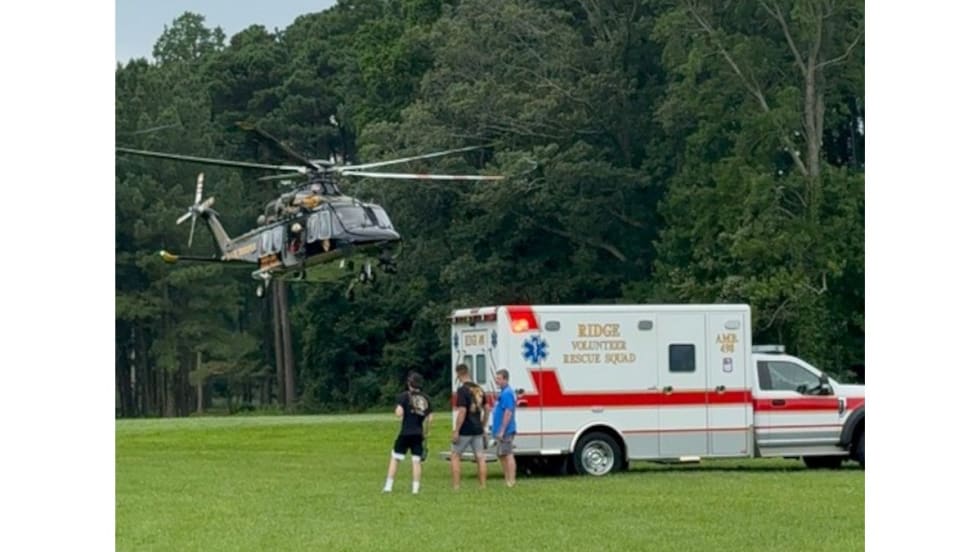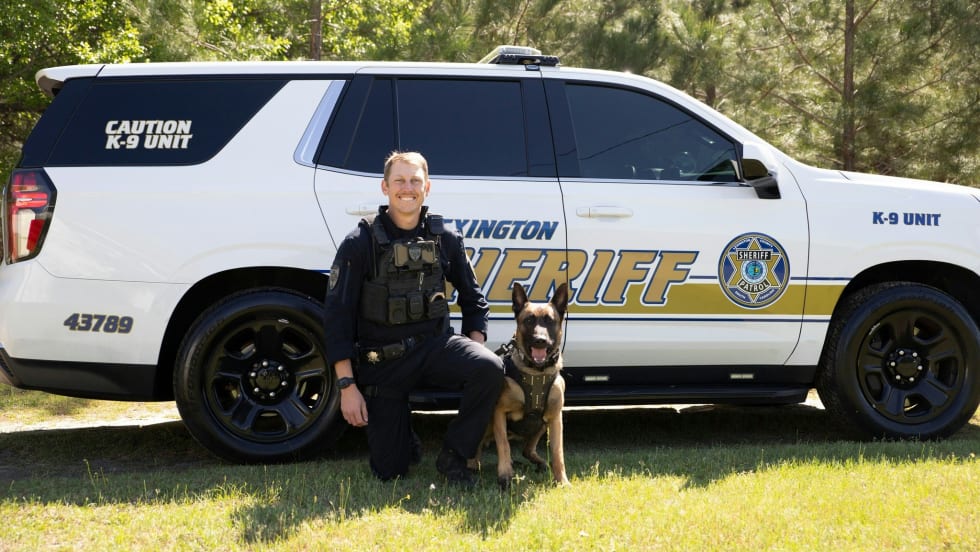Activists want SROs out of schools and that could lead to really dangerous outcomes for some students.
It is widely believed that the very first school resource officer program started in Flint, MI, in the 1950s. The goal of the program was to improve the relationship between the local police and the youth of the community, as well as to provide increased safety for the students, faculty, and staff from potentially dangerous criminal behavior.
In the Flint program, officers were placed in schools on a full-time basis to serve as teachers and counselors. It was a huge success and Flint became a model for school resource officer programs across the country.
It is now estimated that there are at least 20,000 School Resource Officers across the country.
However, in recent months, there has been a growing movement among many elected officials and school administrators to remove SROs from education institutions where they previously protected kids of all ages from harm, and ensured that school staff were supported when a child was suspected of potential violence or other illegal activity.
The movement to remove SROs from schools is not a new one. Indeed, some civil rights activists have for many years worked to remove police officers from public schools, arguing that they pose a greater risk to students than any potential intruders or interlopers they are supposed to guard against. But the effort to eliminate SROs from schools has gained substantial momentum of late.
In some places, the issue remains a matter of contentious debate, but in other areas the decision to take officers out of schools is a fait accompli.
In Denver, for example, the Denver Public Schools Board of Education unanimously passed a resolution to remove school resource officers from schools. The vote effectively ends the school district’s contract with the Denver Police Department.
Stacey Collis, a retired SRO and former president of the Colorado Association of School Resource Officers, criticized the move, arguing that school resource officers should not be viewed as patrol officers in schools, adding that they are highly specialized and specifically trained to handle the unique environment populated almost entirely by young people.
School boards in Seattle, Oakland, and Minneapolis also have approved similar measures to remove police officers from public schools.
Schools Need SROs
Following the recent votes to remove SROs from schools, the National Association of School Resource Officers (NASRO) issued a written statement, saying, in part: “We are, of course, dismayed to learn that some school systems have recently discontinued or considered discontinuing their SRO programs. Our experience shows that using best practices NASRO pioneered, including selecting SROs carefully and providing them effective, specialized training, leads to community satisfaction with SRO
programs.”
The written statement went on to say that well-implemented programs can “help communities bridge the gap between law enforcement and youth, building positive relationships that can last lifetimes, while helping to protect schools from a wide variety of threats. In addition, they can do so while reducing referrals of students to the juvenile justice system.”
Mo Canady, executive Director of the National Association of School Resource Officers (NASRO), spoke exclusively with POLICE Magazine about the prospect of more school districts joining the movement to remove officers from America’s schools.
“We think that this is an extreme overcorrection just to eliminate law enforcement,” Canady says. “What they’re doing in making that move is they’re removing a critical layer of safety and security for a school. Who’s going to deal with a violent situation, especially if it involves a weapon, if the SRO is not there?”
A Unique Assignment
Canady says being an SRO is the most unique assignment in law enforcement, presenting challenges to those who choose to accept the assignment that many officers may never once face.
“There’s nothing else quite like it,” he explains. “You’re taking a law enforcement officer and placing them into an educational environment. Because it’s such a unique assignment, it’s not for every law enforcement officer. Just like being a bomb tech or a SWAT cop or an investigator is not for every law enforcement officer. It takes a fairly unique individual to do this job in a law enforcement capacity.”
Canady says there are three essential elements to a successful SRO program, and if these are not being properly applied, problems may emerge that could cause an SRO program to be
discontinued.
First and foremost, the officers have to be very carefully selected. Canady says they are ideally veteran officers who have the highest moral standards, that really want to work with kids, and they’ve shown in the past that they have that capability.
Next, they have got to be specifically trained.
“I don’t mean just one time,” Canady says. “I highly recommend that any SRO in this country come through our national basic SRO course, so they’ve at least got that foundation.”
Finally, there has to be proper collaboration between the school district and the law enforcement agency.
“When I hear that somebody is getting rid of their SRO program, I have to believe that one, two, or three of those very important legs are not in place. I believe if all three were present, those school districts and elected officials wouldn’t even consider getting rid of their SRO program because they would realize the benefit of it,” Canady says.
Mitch Brouillette, an SRO and SWAT operator who works with a Northern California police department, agrees with Canady that officers chosen to work in schools must be carefully selected and trained in ways that most officers are not.
“The school resource officer position has to be filled by the right person. It has to be someone who truly wants to be there in the school with the kids. Law enforcement agencies have to make that position something that’s desirable in their department,” Brouillette says.
He adds that when the right person is put into the schools, the impact on a community can be huge. “All these agencies around the country are doing everything they possibly can to build relationships and to build credit within their community. A school resource officer can have that effect with the
community.”
Brouillette says he was recently at an event at the school he has served for five years. He was approached by many students who said in their own ways, “We know you’re not like the officer in Minnesota. I’m like, ‘Well, you know that because you had a chance to get to know me.’ And that’s because of the relationships that are built inside the schools and the effect that it has on the youth.
“The school is its own little bubble in the community, and every single day as a school resource officer, you have the opportunity to positively have an effect on the youth. Removing that element of positive mentorship, positive leadership, and positive education from schools to me seems wildly counterproductive, and yet, that’s precisely what’s happening,“ he says.
No Upside
Playing devil’s advocate for a moment, let’s examine any possible upside to the removal from schools of those SROs.
The first positive thing that immediately comes to mind is that there will be far fewer viral videos of officers making arrests of kids in classrooms. Those viral videos quickly appear on social media, causing an uproar among the press and the public. An officer may be completely within agency policy and local law, but sometimes the “optics” are unfavorable as many of those actions by police in schools are ultimately deemed to be “lawful but awful.”
Another potential benefit to removing police from regular patrol in the hallways of schools is that teachers and administrators will have to resume their full duties to discipline unruly and uncooperative students. All too often school staff shirk their responsibilities in dealing directly with difficult situations with students, and rush to the classroom phone to get the SRO involved in all manner of conflict in which there is no violation of law.
Finally, reassigning SROs to regular patrol could possibly help reduce crime in other areas. Given the fact that many agencies across the country face staffing issues already, putting just one or two more officers on the streets could make a world of difference in the neighborhoods those students call “home” when they’re not in class. And there’s no reason that a reassigned SRO couldn’t still make regular visits to the site of the schools they previously served.
Enough of the “devil’s advocate” stuff. The fact of the matter is that looking for any silver lining in the push to remove SROs from schools reveals only an ominous black cloud that threatens to flood the classrooms of American schools with chaos.
The real devil is in the details, and removing SROs from schools will have myriad unintended consequences, and it will ultimately be the innocent young people who suffer.
SROs are more than just cops in the corridors. They are members of the faculty and school administration—they are members of the school community. They are frequently found dancing with the “cheer squad” at center court during the halftime performance at the basketball game with the cross-town rival school. They sit in the bleachers alongside members of the marching band as the “Friday Night Lights” shine on the football team vying for the state
championship.
They are also informal counselors to the students, shaping the lives of young people in sometimes subtle and sometimes stark ways. They are positive role models for countless kids who don’t have a positive role model at home and desperately need to see how a person can live well despite adversity.
SROs form friendships with kids who may otherwise be alienated or ostracized. They are often the first line of defense against bullying—both “in real life” and in cyberspace.
SROs have keen observation skills to recognize a kid approaching crisis and without any praise from the media help save those kids from themselves, either through substance abuse or attempted suicide.
There’s really no “upside” in the effort to pull SROs from schools, other than to make people who have a predisposition to despise law enforcement feel like they’ve “won” an argument.
In the end, that “victory” will ring hollow for them. The harm done to millions of kids may not be immediately visible, but it will be real, and it will be lasting. That harm could be easily prevented if clearer heads prevailed in these weird and wobbly times.
Doug Wyllie is contributing web editor for POLICE/PoliceMag.com.



